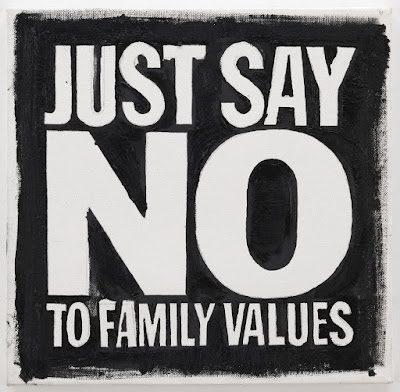What Does Jesus Teach Us About Healthcare?
This morning I wanted to focus on the current healthcare debate. The text we will focus on in discussing our topic this morning is one that has always intrigued me. It comes from Mark 12 but the same story is told in Luke and Matthew. It is the story of Jesus providing healthcare to a paralyzed man lowered down from a house’s roof. Here is the story: When Jesus returned to Capernaum several days later, the news spread quickly that he was back home. 2 Soon the house where he was staying was so packed with visitors that there was no more room, even outside the door. While he was preaching God’s word to them, 3 four men arrived carrying a paralyzed man on a mat. 4 They couldn’t bring him to Jesus because of the crowd, so they dug a hole through the roof above his head. Then they lowered the man on his mat, right down in front of Jesus. 5 Seeing their faith, Jesus said to the paralyzed man, “My child, your sins are forgiven.”...
